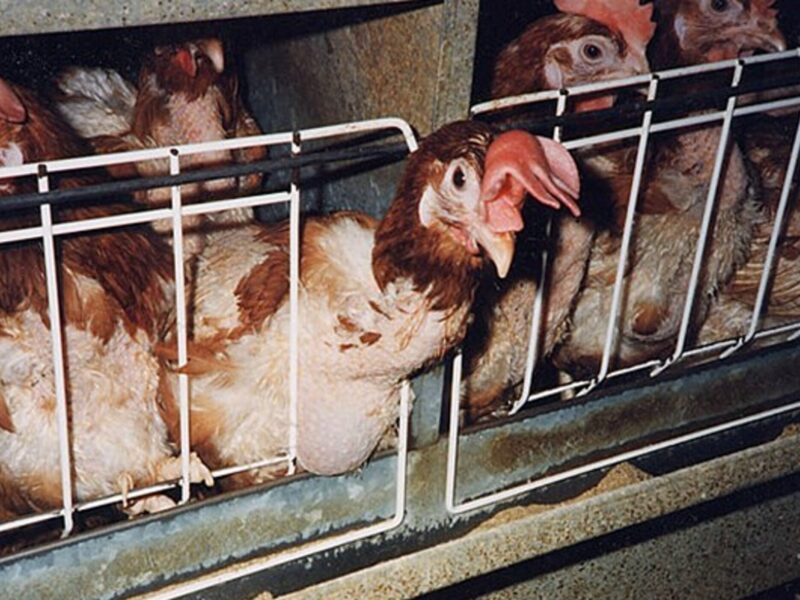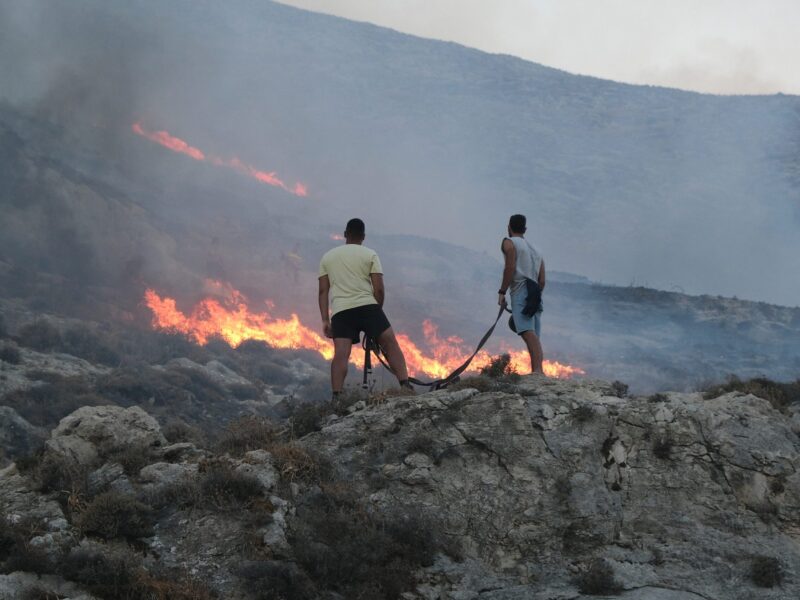
We Only Have One Planet
This blog is based on my recent meeting with Erik Solheim, Executive Director of the United Nations Environment Programme (UNEP), for my Big Table podcast, which you can download here.
‘In the past plastic was an issue for a few environmentalists, now it’s an issue for everyone’ Erik Solheim
 This World Environment Day, 5th June, revolves around awareness and action for the environment. The theme for 2018 is beating plastic pollution, partnered with the slogan ‘If you can’t reuse it, refuse it’. So how does this relate to the need to end intensive agriculture? Well, much like unsustainable use of plastics in our daily lives, the issues caused by factory farming, particularly the collapse of ecosystems, are driving a crisis at least as big as climate change and far more permanent. After all, extinction is forever.
This World Environment Day, 5th June, revolves around awareness and action for the environment. The theme for 2018 is beating plastic pollution, partnered with the slogan ‘If you can’t reuse it, refuse it’. So how does this relate to the need to end intensive agriculture? Well, much like unsustainable use of plastics in our daily lives, the issues caused by factory farming, particularly the collapse of ecosystems, are driving a crisis at least as big as climate change and far more permanent. After all, extinction is forever.
I sat down with Norwegian born Erik Solheim, the man at the helm of UNEP, keen to find out about the progress he’s been making over the last couple of years. ‘It has been very interesting,’ he says of his time at the UNEP, ‘we have been able to move some issues to the top of the global agenda.’
I asked him about the problems he sees created by intensive farming: ‘I guess there are many different issues. A lot could also be won just by avoiding the waste. We also want to protect the big ecosystems, the rainforests, the deserts, the Arctic and farming is the main threat to ecosystems, if it’s not done in the right way,’ he commented. A third or more of global food ends up in the bin, yet the biggest single area of food waste on the planet comes from feeding human-edible crops, like corn and soya, to industrially reared animals. In this way we essentially waste enough crops to feed an extra four billion people. To me it’s just a mind-blowing statistic!
We discussed the importance of creating change and Erik outlined three ways:
Making It Personal – Finding how to engage with individuals and their core values can prove a strong ally in driving people to demand lasting change. ‘I’m a very strong believer in focusing on issues which are close to people. It is much easier to mobilise people through … pollution levels than through the, somewhat theoretical for many people, levels of climate change’ he explains, giving China as an example. Using the same notion with food choices could prove very impactful, as it’s a big part of most people’s lives.
Hope – Looking at our history to see examples of where mankind has made significant behaviour and lifestyle changes provides great inspiration. Erik cites the smoking ban as an example: ‘Ireland was the first nation on the planet, in 2004. At the time, all the doomsayers were saying it cannot be done. Well the Irish did it, and others followed… So, in fourteen years we have gone from smoking allowed everywhere to smoking not allowed anywhere.’
Collaboration – Erik explains how we have seen real change arise with a combination of companies and governments working to the same goal and started by us, the consumers. ‘A number of the practices we do have today are not sustainable. I think when we see great change in human behaviour and in politics, there is normally always two or three factors coming together. Number one, people demand change. Secondly, business starts to innovate and spur change. And thirdly governments act and try to regulate markets’.
Inaction is simply not an option, so is there a change on the horizon? ‘I mean there are lots of positives in the sense that these issues are much higher on the agenda. There’s a new generation of people that’s global; young people that have a much more ethical view. I am a fundamental optimist, because human beings have solved huge issues in the past’.
 I too feel hopeful because there’s a growing realisation that fixing the broken food system is as important as climate change. The two are interlinked. I believe it is time to reflect on the work we can all do to start restoring our environment. Gaining a global agreement to move beyond factory farming is an idea I shared with Erik and is perhaps one of the biggest things we could achieve. It would end the biggest cause of animal cruelty, a major driver of wildlife declines and the biggest area of food waste on the planet, all in one fell swoop! I was excited by the conversation with Erik and very much look forward to continuing it somewhere, sometime soon.
I too feel hopeful because there’s a growing realisation that fixing the broken food system is as important as climate change. The two are interlinked. I believe it is time to reflect on the work we can all do to start restoring our environment. Gaining a global agreement to move beyond factory farming is an idea I shared with Erik and is perhaps one of the biggest things we could achieve. It would end the biggest cause of animal cruelty, a major driver of wildlife declines and the biggest area of food waste on the planet, all in one fell swoop! I was excited by the conversation with Erik and very much look forward to continuing it somewhere, sometime soon.





